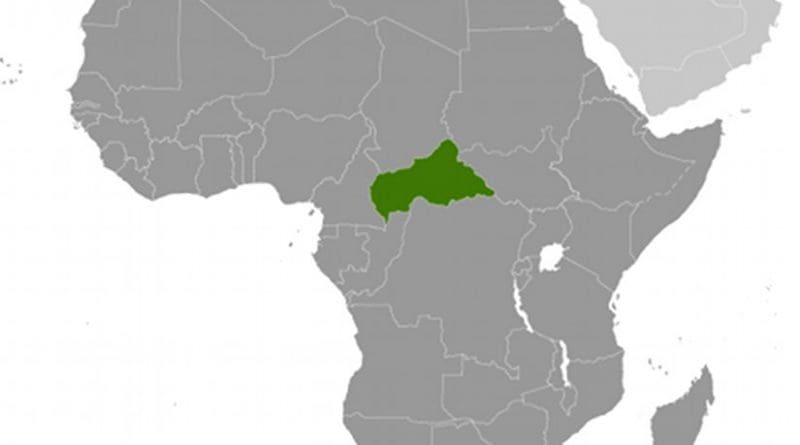Central African Republic: Claims Of Rape By Peacekeepers
United Nations peacekeepers in the Central African Republic raped or sexually exploited at least eight women and girls between October and December 2015. Among the survivors are a 14-year-old girl and an 18-year-old woman who said peacekeepers gang-raped them near Bambari airport in the center of the country.
“In a country where armed groups routinely prey on civilians, peacekeepers should be protectors, not predators,” said Hillary Margolis, women’s rights researcher at Human Rights Watch. “Sending peacekeepers back home is not enough. The UN needs to insist that troops’ home countries bring rapist and other abusers to justice, and that survivors get the support they need.”
Human Rights Watch documented the eight cases of sexual exploitation and abuse by UN peacekeepers, known as MINUSCA, during research in Bambari between January 16 and 30, 2016. Only one of the survivors had received any medical or psychosocial care, available at the Bambari hospital and through non-governmental organizations, before speaking to Human Rights Watch.
All eight said that they believed the peacekeepers responsible were from the Republic of Congo or the Democratic Republic of Congo. A battalion of approximately 800 soldiers from the Democratic Republic of Congo is deployed to Bambari and other towns in Ouaka province. Between mid-September and mid-December, a small contingent of peacekeepers from the Republic of Congo were also temporarily deployed to protect Bambari’s airport. The deployment of Republic of Congo peacekeepers corresponds with the sexual exploitation and abuse allegations Human Rights Watch documented, most of which occurred at or near the airport.
An 18-year-old woman said that when she visited the Republic of Congo troop base near the airport in late 2015 seeking food or money, armed peacekeepers forced her into the bush and gang-raped her. “I didn’t want to have sex with them, but when I went to visit their base they took me into the bush,” she said. “There were three of them on me. They were armed. They said if I resisted they would kill me. They took me one by one.”
A 14-year-old girl said that in November, two peacekeepers attacked her as she walked by the MINUSCA base at the airport. “The men were dressed in their military uniforms and had their guns,” she said. “I walked by and suddenly one of them grabbed me by my arms and the other one ripped off my clothes. They pulled me into the tall grass and one held my arms while the other one pinned down my legs and raped me. The soldier holding my arms tried to hold my mouth, but I was still able to scream. Because of that they had to run away before the second soldier could rape me.”
In all of the sexual exploitation and abuse cases Human Rights Watch documented, the survivors were living at camps for internally displaced people in Bambari when the abuses took place. Several told Human Rights Watch they had sex with peacekeepers in exchange for food or money as ongoing conflict had left them desperate. UN policy on peacekeepers’ conduct prohibits engaging in any sexual relations with members of the local community.
Human Rights Watch reported the cases to UN officials in Bambari and Bangui within days of receiving the information. The MINUSCA leadership, which has made a commitment to actively prevent and address sexual exploitation and abuse, took immediate measures to respond to the allegations and senior UN officials opened investigations. Human Rights Watch later learned that one case had previously been reported to the UN and an investigation opened.
Under the agreement signed between the UN and countries that contribute troops to UN peacekeeping missions, the relevant troop-contributing country is responsible for carrying out judicial proceedings against soldiers who commit sexual exploitation and abuse. The UN can send troops home and prohibit them from participating in future UN missions, but has no independent capacity to prosecute them.

